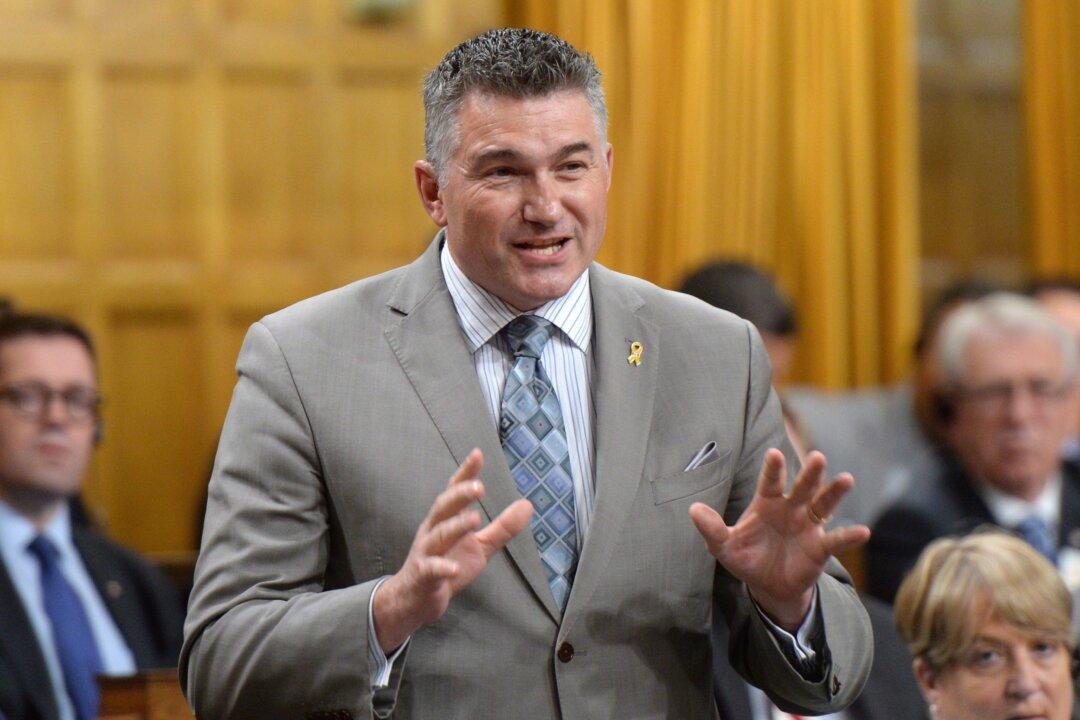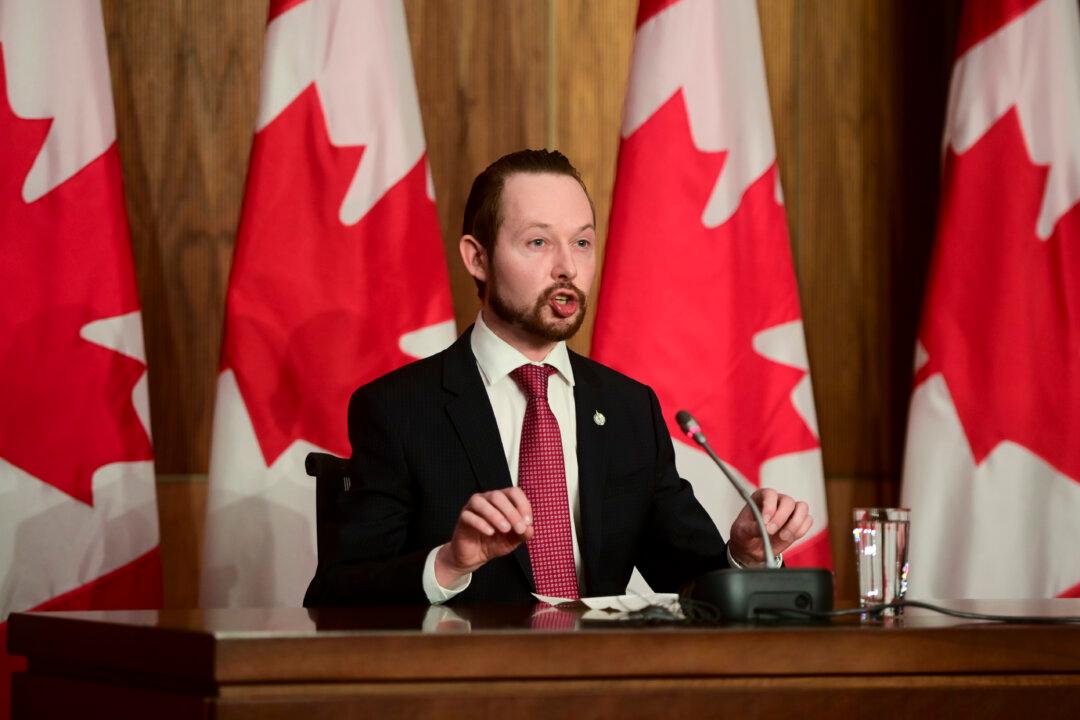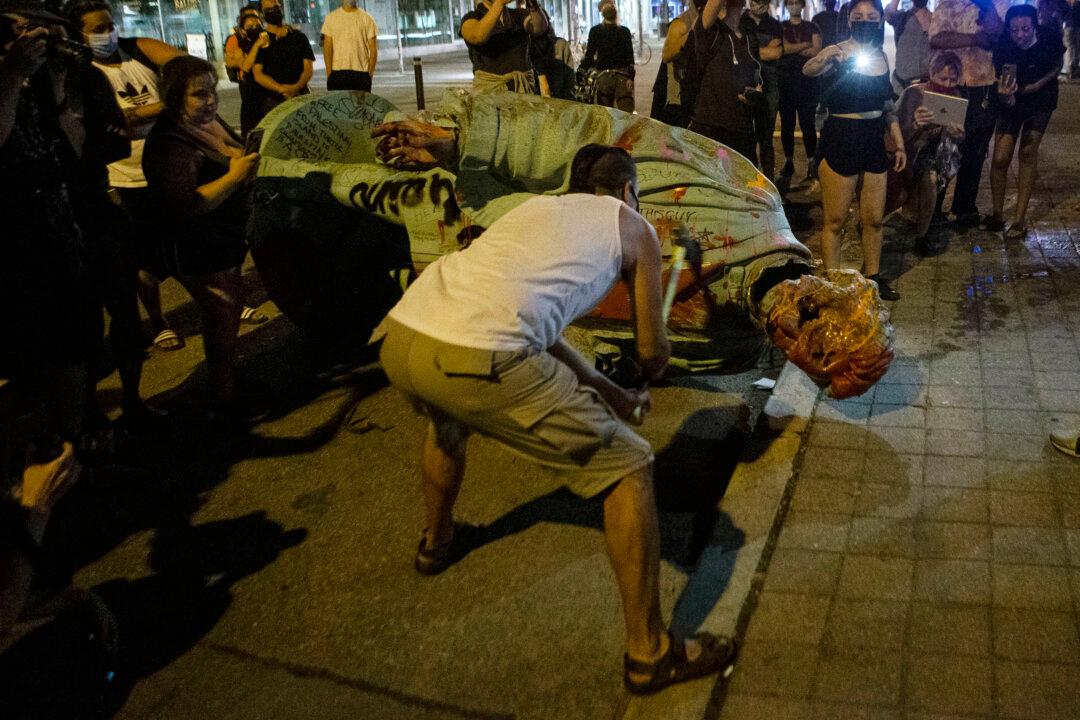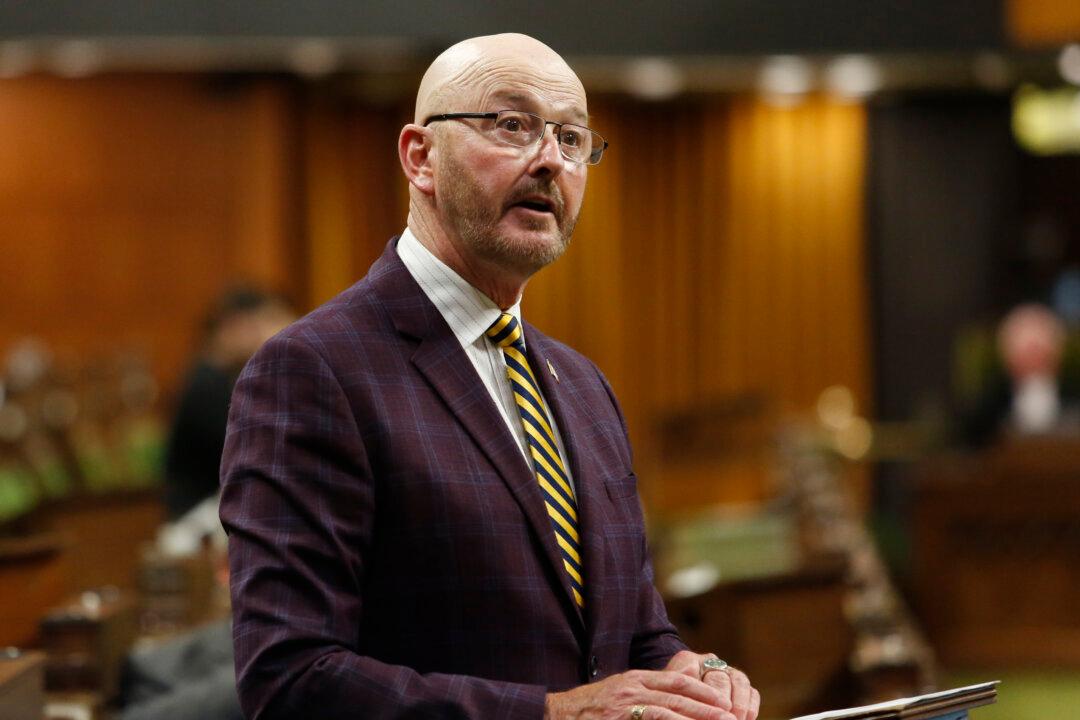Legislation that would impose sanctions on human rights violators around the world, deny them visas, and seize their assets may soon be passed in Canada.
Foreign Affairs Minister Chrystia Freeland said last week that the government will support Bill-S-226—which would establish Magnitsky-style sanctions on human rights abusers not only in Russia but worldwide—after “some technical amendments” have been made.
The bill originated in the Senate and so reverses the normal legislative process by getting final approval from MPs in the House of Commons before finally becoming law. Conservative MP James Bezan brought forward a similar bill in 2015 but it failed to get past first reading.
The current bill, titled Justice for Victims of Corrupt Foreign Officials Act – Sergei Magnitsky Law, was passed by the Senate in April.
During a debate in the House on May 19, Bezan urged the government to “put forward those amendments as quickly as it can,” noting that the bill has all-party support.
“When we think about all of the work that has already taken place, there is no reason we cannot fast-track this legislation,” he said.





